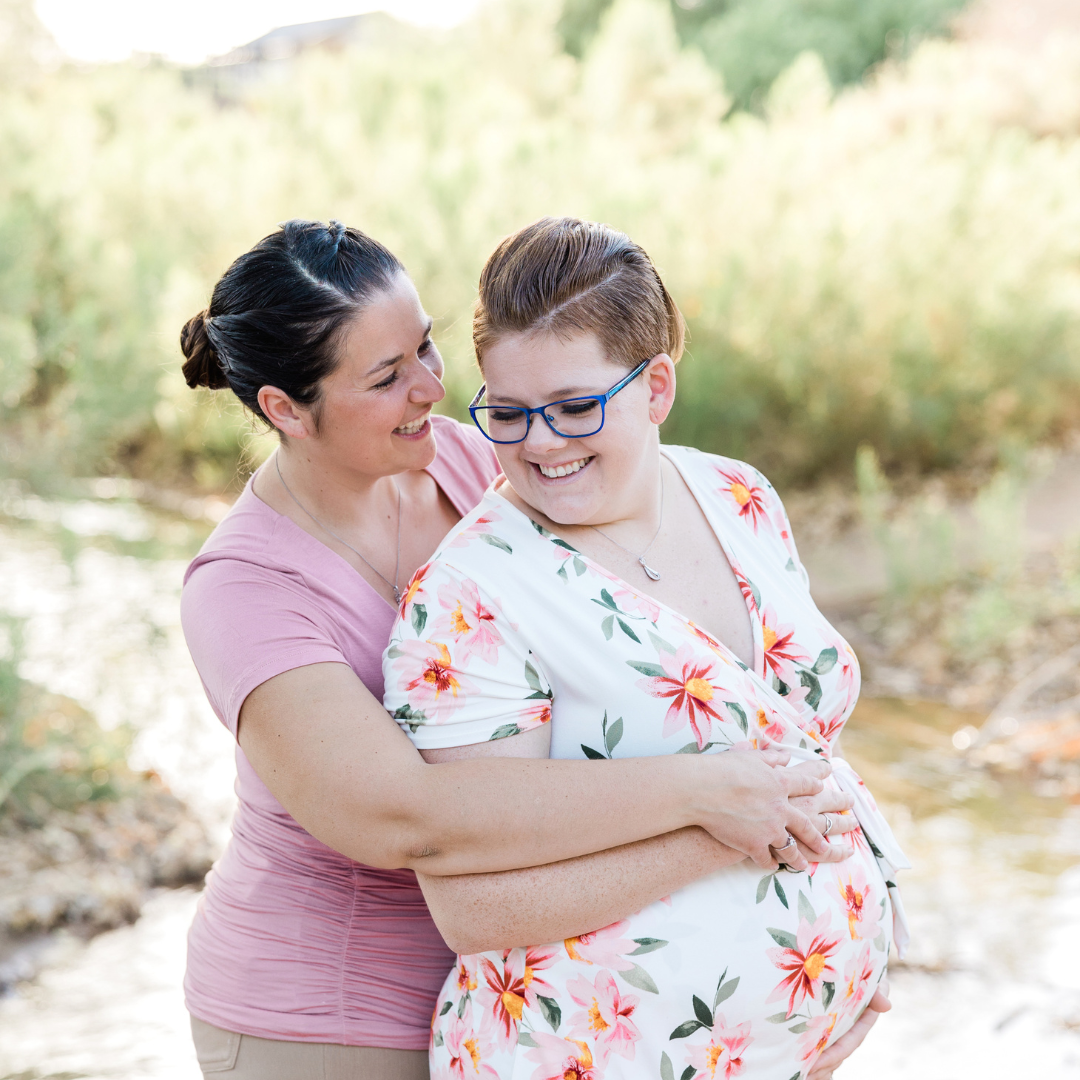Top Five Money Moves to Get Ready for Your Baby
/Guest Post By Trey Holloway
Babies Are Expensive They Say….
But what does that really mean? Let’s talk about how can you prepare yourself not only physically and emotionally but also financially for a new baby.
Is newborn financial planning a thing? As someone who knows very little about personal finance I brought in an expert for this post to share some family finance tips and wisdom with you. I am lucky to be married to Trey for many reasons but one reason is that he happens to know a lot about personal finance and budgeting. Learning about these topics has been both a hobby of his as well as a part of his career for many years and he is currently the Director of Finance and Operations with his current company. When people say to choose your life partner wisely I often reflect on my lack of knowledge around money matters and how very lucky I am to have a partner that compliments my own strengths. I like to consider myself the CEO of our family (think: captain of the ship, setting the course, and making sure everyone stays on track) which would of course make Trey the CFO. I set the vision and he runs the numbers… It works for us. I asked Trey to help me with this post and I was genuinely curious to see what he would say. I realize the importance of preparing for a baby financially now that we are 10 years into parenting and I wanted Trey to share his knowledge with you all as you are just getting started.
My Question To Trey: How would you tell a first time parent to prepare financially for a new baby?
His Key Points:
Open a 529 Plan
Participate in your workplace’s Dependent Care FSA (DCFSA) program
Freeze your new baby’s credit
Hire an accountant
Spend a little money on yourself
1. Open a 529 Plan
529 plans are used to save money for your baby for college or private school (grades K-12). You need your baby’s social security number before you can even open a 529 naming them as a beneficiary, so be sure to make that one of your first to-do items. Once that is done, look to open an account with your state-run plan to maximize your state tax deduction for any contributions. Contributions to a state-sponsored 529 plan are often deductible (subject to limits) on your state taxes. For example, T. Rowe Price sponsors the plan for Maryland residents and Maryland residents can deduct contributions to the T. Rowe Price plan up to $5,000 per child if both parents contribute. Calvert Investments sponsors the plan for DC residents and the plan for Virginia residents contains investments from American Funds. There are other state plans, like Nevada’s plan with Vanguard, that may make sense for you if you’re looking for a lower fee structure. Don’t forget to actually select investments for the money once you contribute it.
2. Opening at 529 is Great, but…
Participate in your workplace’s Dependent Care FSA (DCFSA) program if one is available. A DCFSA let’s you set aside money on a pre-tax basis that can be used for childcare expenses. You should check the rules for your employer’s particular plan, but these funds can usually be used for daycare, a nanny, an au pair, etc., but cannot be used to pay a family member who provides you with childcare. The 2022 limit is $5,000 for a married couple filing jointly and $2,500 for an individual. If you’re going to spend $5,000 on childcare anyway, you might as well stash that money in a DCFSA and not pay taxes on it and take distributions to pay for childcare. You can then use those tax savings to fund your newly opened 529.
3. Freeze your new baby’s credit
A new baby has no need for a credit card, but that doesn’t mean that someone won’t try to open one in their once their social security number is out there. Kids are increasingly becoming targets for identify theft and credit fraud, mostly because no one is thinking to check their credit report. How you can prevent your child from becoming the victim of bad credit before they can even spell credit? Call up the three major credit bureaus in the United States and request that their credit be frozen. This can easily be undone when your child actually needs credit.
4. Hire an Accountant
Your tax situation will change when you have a child. It may change a little bit or it may change a lot, depending on your specific circumstances prior to the baby arriving. You can figure out a lot of this on your own, but when you’re a new parent, you’re super busy trying to figure the day to day out. Its worth bringing an accountant on board to review your situation. Adding a child may make you eligible for new deductions on your taxes and an accountant can help you identify what is relevant for your growing family.
5. Spend a little money on yourself
You’ll hear lots things about baby moons. “They’re overrated!” “Definitely take the time to get away!” Count me firmly in the camp of those who urge you to plan and take a baby moon with your partner before the baby arrives. We are over ten years in from our first and we still talk about memories from that trip. We took a baby moon before the births of our second and third children as well. A babymoon doesn’t have to involve lots of flights and fancy hotels. Doing something within driving distance, or even locally, can still be a great opportunity for you and your partner to relax and reset before your family grows. We enjoyed spending a little money on ourselves, having great meals together and taking down time doing absolutely nothing (which becomes exceedingly rare as you add children to your family). Take advantage of this time together!







